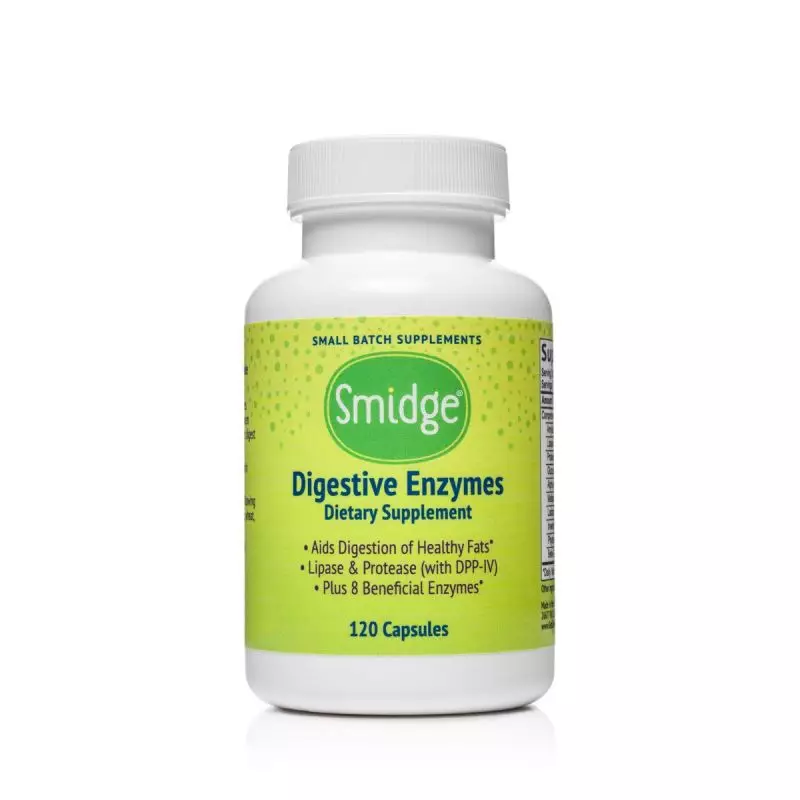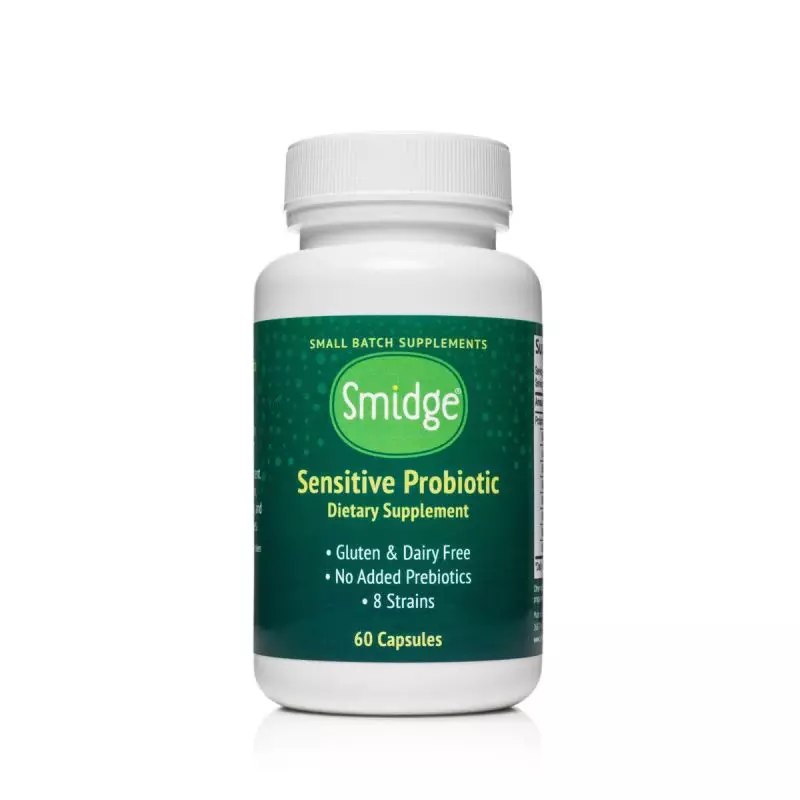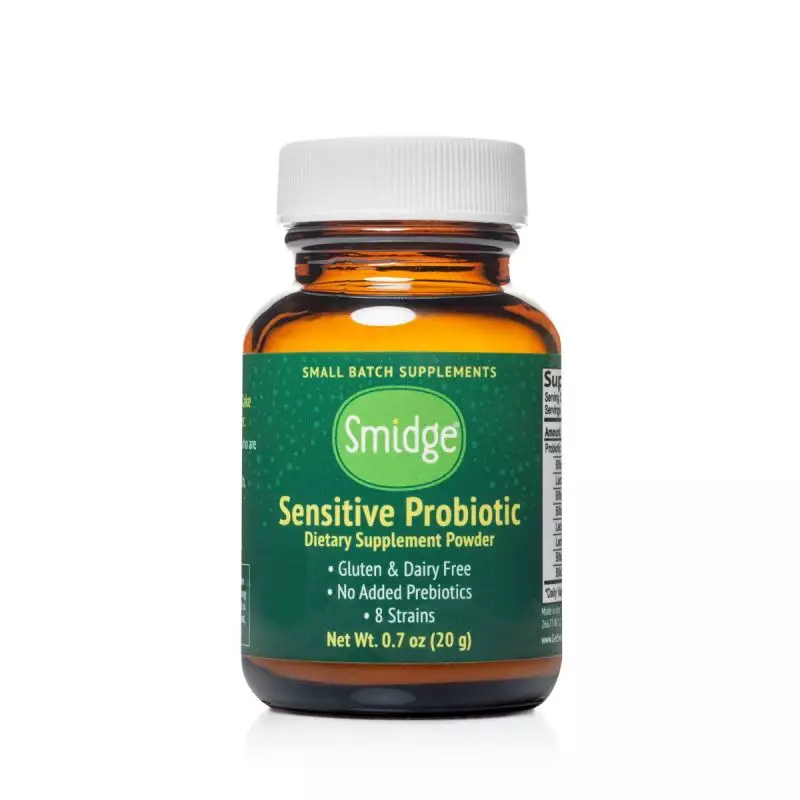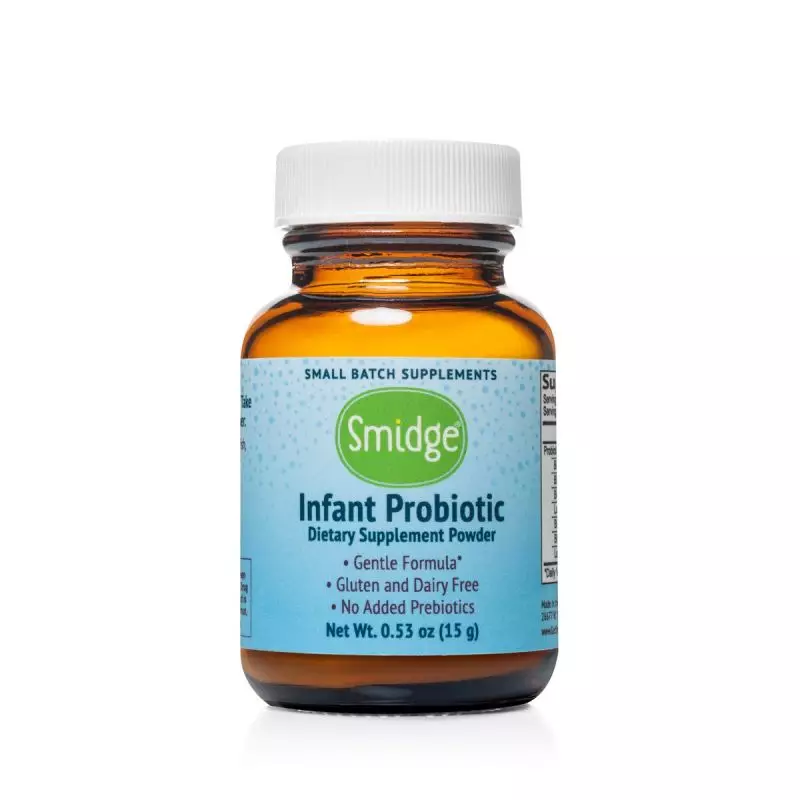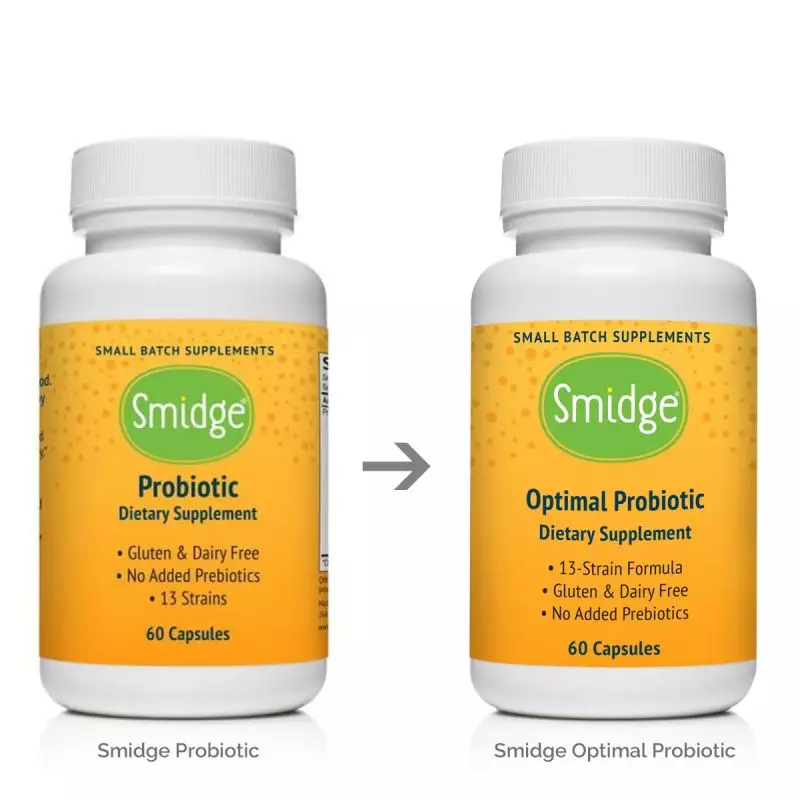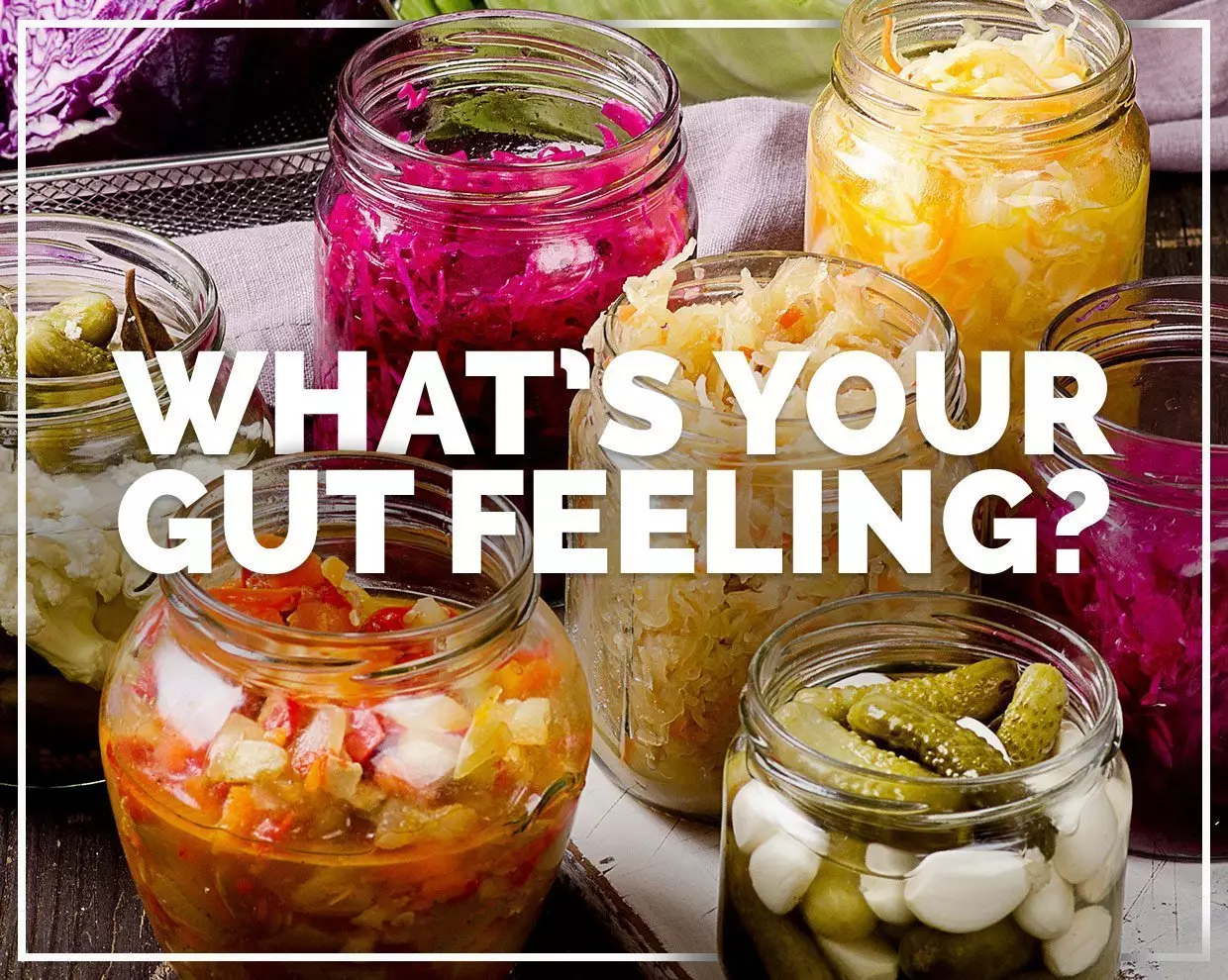Does your gut sometimes speak to you? Perhaps it rumbles in discomfort, or, in awkward situations, growls echo through a silent room? These signs of gut distress are more common than you might think, and they're crucial communication from a part of your body that deserves more attention than it often gets.
In our fast-paced, convenience-driven world, the pressures of juggling work, life, and a thousand other commitments often lead us astray from the path of optimal health. Unfortunately, our gut health suffers consequently.
How to Improve Your Gut Health
Our gut is not just a food processing unit; it's a complex ecosystem teeming with trillions of microorganisms collectively known as the gut microbiota. These microorganisms play a vital role in our health by aiding digestion, producing essential vitamins, enhancing our immune system, and influencing our mood and mental health. [1]
Yet, when this delicate balance of gut microbiota is disrupted – a condition known as dysbiosis – it can lead to various health problems, from minor digestive issues to chronic diseases such as obesity, diabetes, cardiovascular diseases, and even mental health disorders. [2]
1. Take Probiotic Supplements
Probiotics are live beneficial bacteria that play a crucial role in our health. They aid digestion, produce certain vitamins, enhance our immune system, and influence our mood and mental health. Unfortunately, the balance of these friendly bacteria in our gut can often be disrupted by a high-processed diet, stress, and illness, leading to various health problems.
Try Smidge Sensitive Probiotic Powder and Smidge Optimal Probiotic Capsules
For those who want to support their gut health with probiotics, Functional Self offers two high-quality products: Smidge Sensitive Probiotic Powder and Smidge Optimal Probiotic Capsules.
Smidge Sensitive Probiotic Powder is specifically designed for individuals with sensitive digestive systems. This carefully formulated product contains a blend of 13 clinically-proven strains in a dust-like powder, making it easy to digest.
On the other hand, Smidge Optimal Probiotic Capsules offer a broad-spectrum probiotic option with 13 diverse, clinically-proven friendly bacteria strains, including Lactobacillus and Bifidobacterium, which are essential for gut health.
How to Incorporate Smidge Probiotics into Your Routine
To incorporate Smidge Probiotics into your daily routine, follow the dosing instructions on the product labels. Always remember to consult your healthcare provider before starting any new supplement regimen.
2. Take Gut Health Supplements
Gut support supplements aim to restore balance to your gut microbiota. They often contain beneficial bacteria (probiotics), nutrients to feed these bacteria (prebiotics), and compounds to support the integrity of your gut lining and reduce inflammation.
Try Ion Biome Gut Support
Ion Biome Gut Support, available at Functional Self UK, is designed to strengthen your gut lining, your first line of defence against harmful toxins and pathogens. Your gut microbiota can flourish with a healthier gut lining, enhancing your overall gut health.
You can incorporate Ion Biome Gut Support into your daily routine, as the product label suggests. However, as with any supplement, it's important to consult your healthcare provider beforehand.
3. Have A Nourishing Diet and Regular Exercise
What you eat has a profound impact on your gut health. A diet rich in diverse, plant-based foods provides the dietary fibre that fuels your beneficial gut bacteria. [4] On the other hand, diets high in processed foods and sugars can promote harmful bacteria and lead to dysbiosis.
Foods for a Heathy Gut
Consider incorporating more of these gut-friendly foods into your diet:
- Fibre-rich foods: whole grains, fruits, vegetables, and legumes [5]
- Fermented foods: yoghurt, kefir, sauerkraut, kimchi, and kombucha [6]
- Lean proteins: fish, poultry, tofu, and eggs
- Healthy fats: avocados, nuts, seeds, and olive oil
How to Incorporate Exercise into Your Daily Routine
Regular physical activity is another crucial aspect of maintaining a healthy gut. Exercise has been shown to increase gut microbiota diversity [7], an important marker of gut health. It also helps maintain a healthy weight and reduce stress, which can negatively impact your gut health.
Aim for at least 150 minutes of moderate-intensity exercise each week. This could be a brisk walk, a bike ride, a dance class, or even gardening – whatever activity you enjoy and keeps you moving!
Conclusion
Understanding and addressing gut health issues can be a journey, but it's worth taking for your overall well-being. By integrating digestive enzymes and gut support supplements from Functional Self, along with a balanced diet and regular exercise, you can start to nurture your gut health, enhance your well-being, and foster a more radiant you.
Ready to embark on your gut health journey? Discover our specially curated selection of wellness products at discounted prices on our specials page at Functional Self. So, begin your journey today towards a more optimal self!
References:
[1] Gut microbiome: profound implications for diet and disease.
[2] Dysbiosis of the gut microbiota in disease.
[3] Digestive enzyme supplementation in gastrointestinal diseases.
[4] The effects of vegetarian and vegan diets on gut microbiota.
[5] Dietary fiber and prebiotics and the gastrointestinal microbiota.
[6] Fermented foods, health and the gut microbiome.
[7] Exercise modifies the gut microbiota with positive health effects.

 AU Store
AU Store  UK Store
UK Store NZ Store
NZ Store EU Store
EU Store


